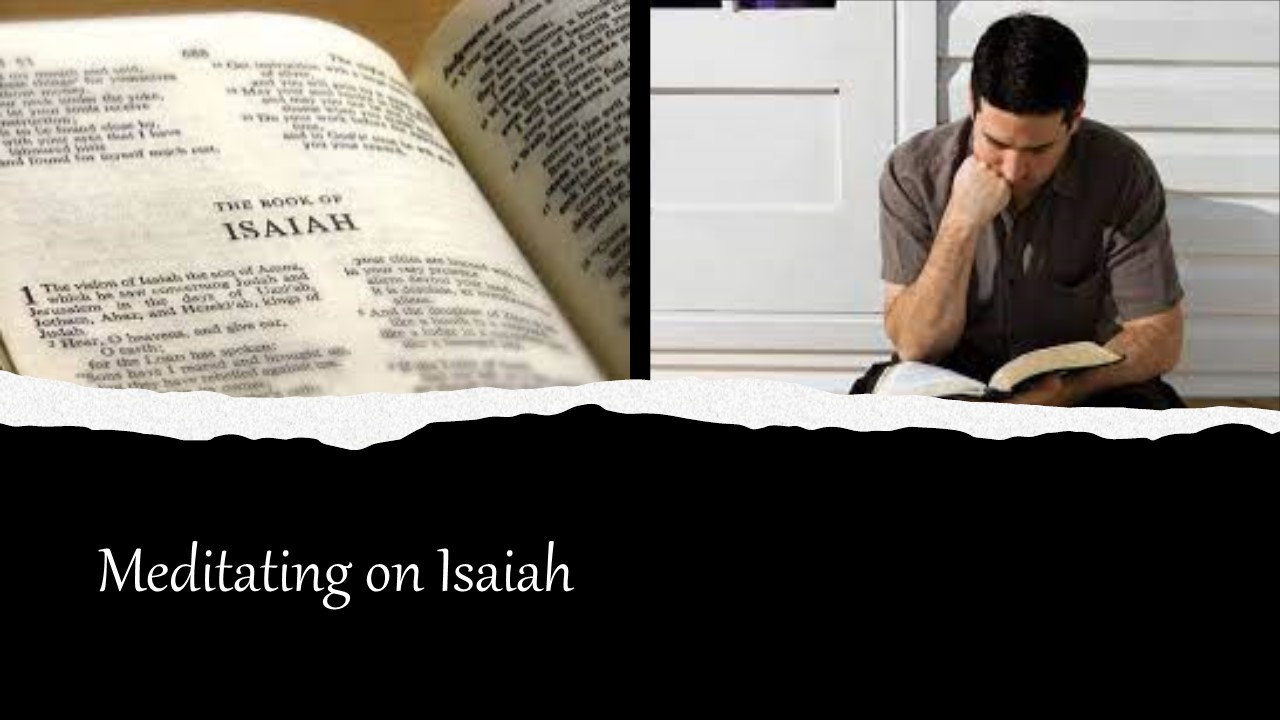The Book of Amos tells the story of a shepherd-turned-prophet who confronts social injustice in ancient Israel. Amos, chosen by God, exposes the wealthy who exploit the poor and a corrupt justice system. He warns of impending judgment but also offers hope for repentance and restoration.
Through symbolic visions, God expresses his deep desire for Israel's return. Despite their hypocrisy, God's love remains unwavering. Repentance paves the way for a future filled with justice and prosperity.
Amos' message transcends time. We are called to fight for justice and advocate for the marginalized, just as he did. Empty rituals hold no weight; true worship translates into action that reflects God's love.
The book explores the seeming contradiction of God's nature – just and merciful. This tension reveals his character. His love for justice demands accountability for sin, while his boundless mercy offers a path back to him through repentance.
Amos' message, though seemingly harsh, is rooted in love. We are called to be agents of justice, acknowledging our own shortcomings, and holding onto the hope for a world transformed by God's love.

In the midst of the Babylonian exile, Ezekiel 18 addresses the Israelites’ struggle with a proverb suggesting children suffer for their ancestors' sins, embodying...

We begin our study of the book of Judges with a focus on the life of Gideon, an ordinary man who was used to...

Some of the world’s greatest works of art, music and poetry have come from men who walked closely with God, and we can count...